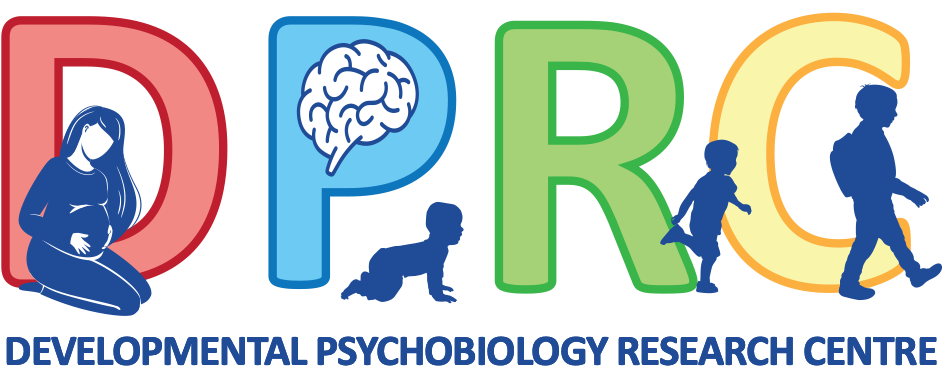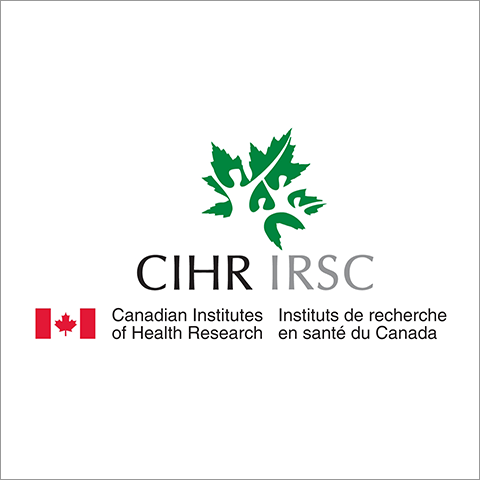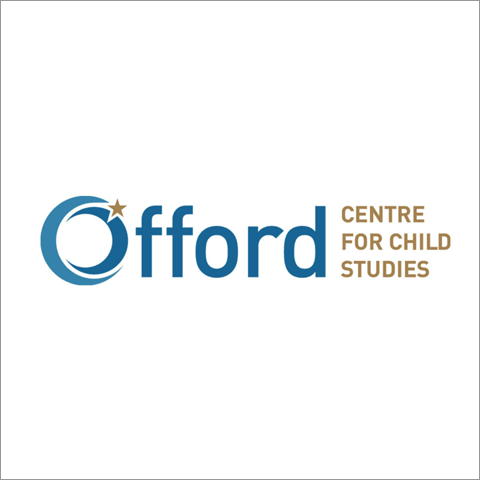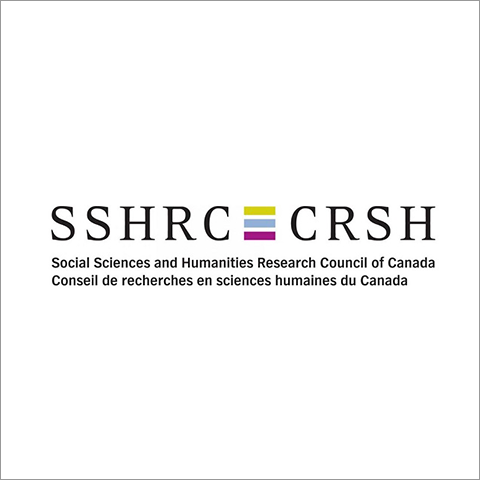Current Research Projects
COVID-19: Pregnancy and Early Child Development
Study title: Examining how the COVID-19 pandemic impacts parents and children: A longitudinal study spanning from pregnancy to the preschool years
Description: The COVID-19 pandemic has had an unprecedented impact on pregnant people and young families. The goal of this research study is to understand how the pandemic has impacted families, beginning in pregnancy and spanning until children are 6 years old. This study specifically focuses on the impact of the pandemic on psychological wellbeing, stress, and early child development. This longitudinal study began in June 2020, with 304 pregnant people and included assessments throughout pregnancy and the postpartum period. We are currently completing assesments where children are now 5-years old.
Funding source:
Investigators:
Investigators:
Study Methods
Caregiver mental health
Social functioning
Biological stress markers
Parent-Child Interactions
Child Development
Maternal Childhood Experiences and Perinatal Health
Study title: Understanding the Impact of Maternal Childhood Experiences on Perinatal Biopsychosocial Risk and Resilience.
Description: Early childhood experiences, including childhood adversity, can have lifelong implications on physical and mental health. The present study aims to understand how a parent’s experiences of childhood adversity impact their health during pregnancy and their infant’s early development. This longitudinal study includes assessments during the third trimester of pregnancy, shortly after birth, 6-months postpartum, and 15 months postpartum. Assessments include interviews, questionnaires, parent-child behavioural observation, and collection of biological markers of stress. The findings of this study will help to understand the intergenerational biopsychosocial effects of early adversity on perinatal health and development.
Funding source:
Investigators:
Study Methods
Early life experiences
Caregiver Mental Health
Social functioning
Biological stress markers
Parent-Child Interactions
Child Emotion Regulation
Study title: A multi-method and multi-caregiver study on child emotion-regulation
Description: Emotion regulation is the ability to initiate, maintain and modulate the experience and expression of emotions. Emotion regulation abilities begin to develop early in life, often within the context of caregiver-child relationships. This study aims to understand how children develop emotion regulation skills in both family and early education contexts. This study includes behavioural observations of parents, early childhood educators (ECEs) and children, as well as neuroimaging techniques to assess child emotion regulation. The findings of this research will inform how caregivers and ECEs help shape different aspects of child emotion regulation.
Funding source:
Investigators:
Study Methods
Parent-Child Interactions
Early childhood educators
Child and Caregiver wellbeing
Brain imaging (EEG)
Stress in Adolescence
Study title: Comparing parents and friends as social buffers for adolescents: understanding behavioural and physiological aspects of stress.
Description: Social relationships are crucial for brain development and functioning, particularly in managing stress. Parents act as "social buffers," helping children regulate their stress responses, while friends take on a similar role in later childhood, adolescence and adulthood. This multi-part study explores how these relationships influence hormonal, brain, and behavioral responses to stress across childhood, adolescence, and young adulthood. We investigate differences between parents and friends as stress buffers, the impact of relationship quality, and the integration of brain and hormonal processes to stress.
The study examines the role of relationships in shaping multiple aspects of the stress response using brain imaging, saliva and hair collection, and relationship assessments. Its findings will enhance our understanding of how important relationships, at different stages of development, help support healthy stress regulation and brain functioning.
Funding source:
Study Methods
Social relationships
Biological stress markers
Child and Caregiver wellbeing
Stress in Young Adults
Study title: Social Buffering of Stress: The Impact of Close Friend Presence on Neural and Hormonal Responses in Young Adults
Description: Social support is a critical part of stress management. Having a close friend, romantic partner or family member present during stressful situations can help reduce the stress response; a concept referred to as “social buffering”. Past research has shown that when young adults are with a close friend, their body releases less of the stress hormone cortisol. However, we still don’t fully understand how having a friend nearby affects how the brain responds to stress, or how the quality of the friendship impacts the stress response.
This study examines how the presence of a close friend affects brain and hormone responses to stress in young adults via behavioral observation, hair and saliva collection, questionnaires, and a brain imaging tool called fNIRS (functional near-infrared spectroscopy). This research will help us understand how close friendships may protect people from the harmful effects of stress
Funding source:
Investigators:
Study Methods
Brain imaging (fNIRS)
Relationship Quality
Biological stress markers
Perinatal Mental Health Resources
Study title: Developing accessible perinatal mental health resources: a co-design approach
Description: Perinatal mental health challenges are pervasive and can have lasting effects on both maternal well-being and child health and development. Through collaborative efforts with a diverse family advisory committee, researchers, and clinicians, the project focuses on improving the mental health of pregnant and postpartum individuals through the development of evidence-based resources.
The project aims to tailor these resources to the needs of perinatal individuals and disseminate them broadly through social media and other accessible platforms to better support perinatal individuals in their mental health journeys, so to build early family protective factors to promote parent and child mental health and wellbeing.
Investigators:
Funding source:
Study Methods
Co-design Approach
Dissemination

















